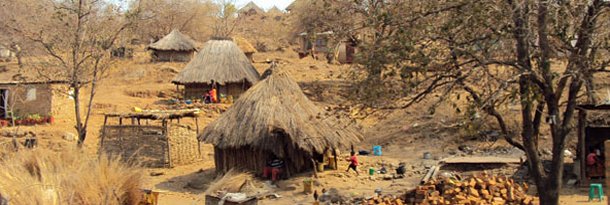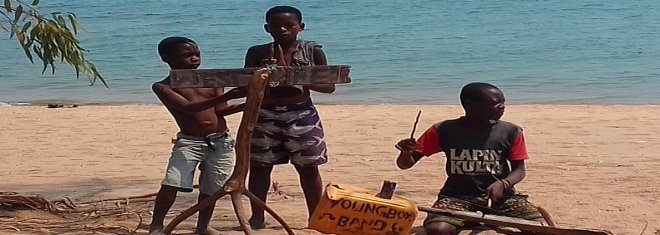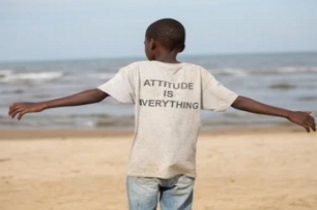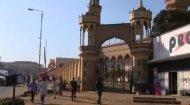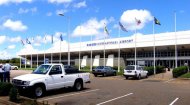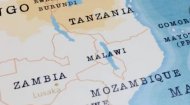|
Malawi Profile
A Malawi country profile including a social and economic profile together with details of daily life in Malawi, news and video. Malawi, taking its name from 'fire flames', the reflection of the rising sun on the waters of Lake Malawi, is situated in Central Africa. Formerly the British colony of Nyasaland, established in 1891, it became independent in 1964. It is now a democratic country with its first ever free elections in May 1994, although that and subsequent election results have been deemed 'irregular' and there continue to be significant public corruption issues. Malawi is one of the poorest nations on the planet and is in 172nd place out of 193 countries and territories in 2025 when ranked in terms of life expectancy, literacy, access to knowledge and the living standards. |
